Sitting abroad, Hasina’s comrades term regime change as ‘Islamist-military coup’
- Update Time : Monday, January 27, 2025
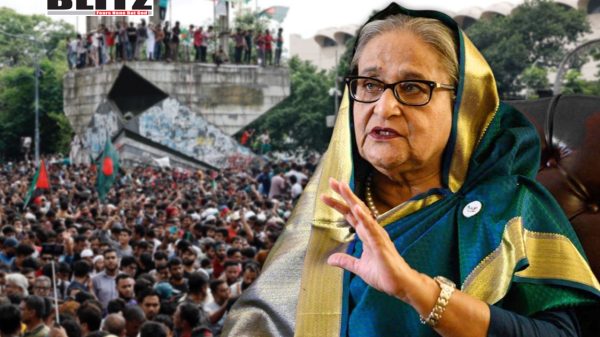
The political fallout of Sheikh Hasina’s dramatic ousting from power on August 5, 2024, continues to unfold, and her loyalists are scrambling to rewrite the narrative. In a recent interview with The Indian Express, former Home Minister Asaduzzaman Khan Kamal accused Bangladesh’s Army Chief, General Waker Uz Zaman, and intelligence agencies of orchestrating what he called an “Islamist – military coup.” Kamal’s comments, however, reveal more about the desperation of Hasina’s allies than the realities of her regime’s collapse.
While Kamal points fingers at the military and so-called “Islamist forces,” the evidence paints a different picture. The regime change was the culmination of a meticulously executed plan involving global actors like Joe Biden, Barack Obama, Hillary Clinton, George Soros, and the Pakistani ISI, with the alleged involvement of Muhammad Yunus. Despite this broader international intrigue, Hasina’s associates seem determined to scapegoat General Waker and the armed forces to deflect attention from their own failures.
Kamal’s interview was riddled with contradictions. He lamented an intelligence failure during the July 2024 uprising, which saw 460 police stations torched and thousands of weapons looted. Yet, in the same breath, he blamed the military and so-called Islamist factions for toppling Hasina’s government. The irony is almost laughable: Kamal, a key figure in a regime notorious for crushing dissent and centralizing power, now bemoans a “lack of morale” among Awami League (AL) workers.
Under Sheikh Hasina’s rule, economic policies pushed inflation to unbearable levels, reducing essential goods to unattainable luxuries. Onions—once a staple of Bangladeshi cuisine—became a symbol of the regime’s failure, with their prices skyrocketing to absurd heights. Meanwhile, the middle class, the backbone of the nation, struggled to afford basic necessities, their frustrations simmering into outright revolt.
Beyond the economic hardships, Hasina’s government fostered a culture of fear and repression. Academics, activists, and ordinary citizens were silenced, their dissent met with arrests, enforced disappearances, and even extrajudicial killings. The state operated as an omnipresent force, policing thought and speech, leaving an indelible scar on the nation’s collective psyche.
Now that the Awami League finds itself on the receiving end of power dynamics, its leaders have suddenly rediscovered the value of free speech. Kamal’s lamentations about the lack of “freedom of expression” under the interim government would be laughable if they weren’t so infuriating. This is the same party that stifled every opposing voice during its tenure, making their newfound advocacy for democratic ideals a bitter irony.
Perhaps most absurdly, Kamal has turned on the very institution that played a crucial role in protecting the nation during the uprising: the military. His accusations against General Waker, a leader who acted with restraint and professionalism during the crisis, are not only baseless but dangerously incendiary.
Kamal’s claims are not entirely devoid of truth. The post-Hasina era has seen the rise of political Islamist parties, such as Jamaat-e-Islami and Hefazat-e-Islam, whose influence on the interim government has been a source of concern. Reports suggest that radical Islamist forces have gained footholds in various state machinery, with some even holding positions within the government. Disturbingly, there have been credible allegations of top-listed terrorists and militants being freed in the wake of the regime change.
While these developments warrant scrutiny, Kamal’s attempt to frame the military as complicit in an “Islamist coup” is a cynical attempt to distract from his party’s failures. The reality is that the Bangladesh Armed Forces have consistently acted as a stabilizing force during moments of national crisis. From the Liberation War of 1971 to the anti-Ershad movement of 1990, and from the caretaker government of 2007 to the recent 2024 uprising, the military has always prioritized the interests of the people over the whims of any regime.
Kamal’s accusations against General Zaman are not merely an act of deflection but a calculated move to destabilize the interim government and sow discord within the military. His claims reek of desperation, a last-ditch effort to salvage the reputation of a party that lost its legitimacy long before it lost power.
What Kamal fails to acknowledge is that the military’s decision to side with the people during the 2024 uprising was not an act of treachery but an affirmation of its commitment to the nation. By refusing to suppress the mass protests against Hasina’s corrupt and repressive regime, the armed forces upheld the democratic aspirations of the Bangladeshi people.
Kamal’s attempt to paint the regime change as an “Islamist – military coup” conveniently ignores the broader geopolitical context. The downfall of Sheikh Hasina was not a spontaneous event but the result of a well-coordinated international effort. The alleged involvement of global power players like the Biden administration, the Clintons, and Soros, along with the Pakistani ISI, suggests that Hasina’s fall was part of a larger strategy to reshape the political landscape of South Asia.
Within this context, Kamal’s tirade against the military and intelligence agencies appears even more absurd. Rather than addressing the systemic failures of the Awami League that led to its downfall, he has chosen to scapegoat the very institutions that ensured the transition of power remained relatively peaceful.
The Bangladesh Armed Forces have consistently demonstrated a lack of interest in domestic politics. Their stance is clear: they refuse to commit any acts of violence against their own people. However, governance is not within their responsibilities. Therefore, it would be inappropriate to associate the Bangladesh Armed Forces with the mass uprising movement or any role in an interim government.
Kamal’s interview is a stark reminder of how far the Awami League has fallen from the ideals it once claimed to uphold. As its leaders sit abroad, spinning conspiracy theories and blaming everyone but themselves, the people of Bangladesh are left to rebuild a nation scarred by years of corruption, repression, and economic mismanagement.
In their desperation to cling to relevance, Hasina’s loyalists are playing a dangerous game—one that risks further destabilizing the country at a time when unity is paramount. The people of Bangladesh, however, have shown time and again that they will not be silenced. The fall of Sheikh Hasina’s regime is not just a moment of political change; it is a testament to the resilience and determination of a nation that refuses to be subdued.


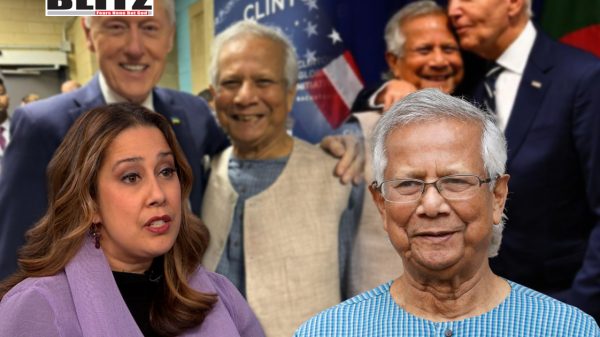

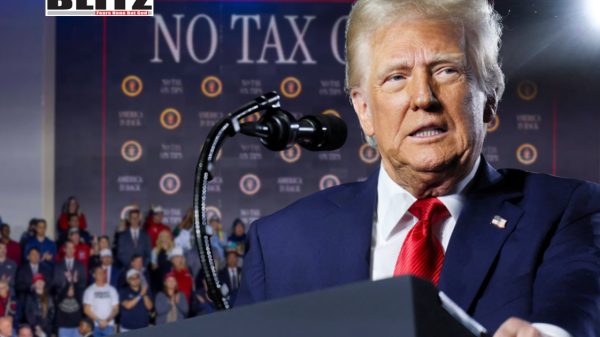



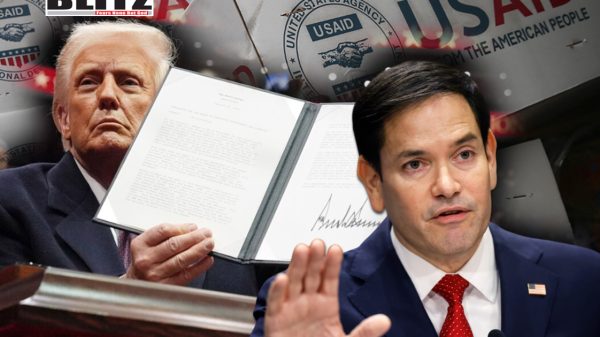
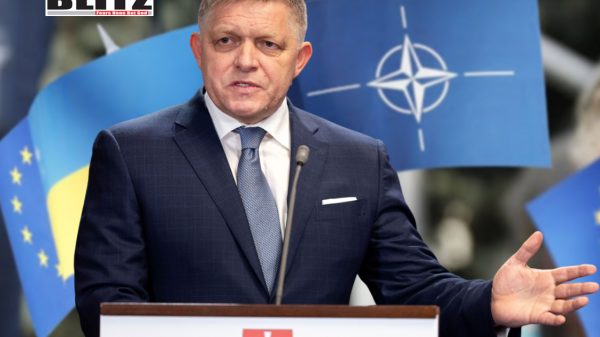


Leave a Reply